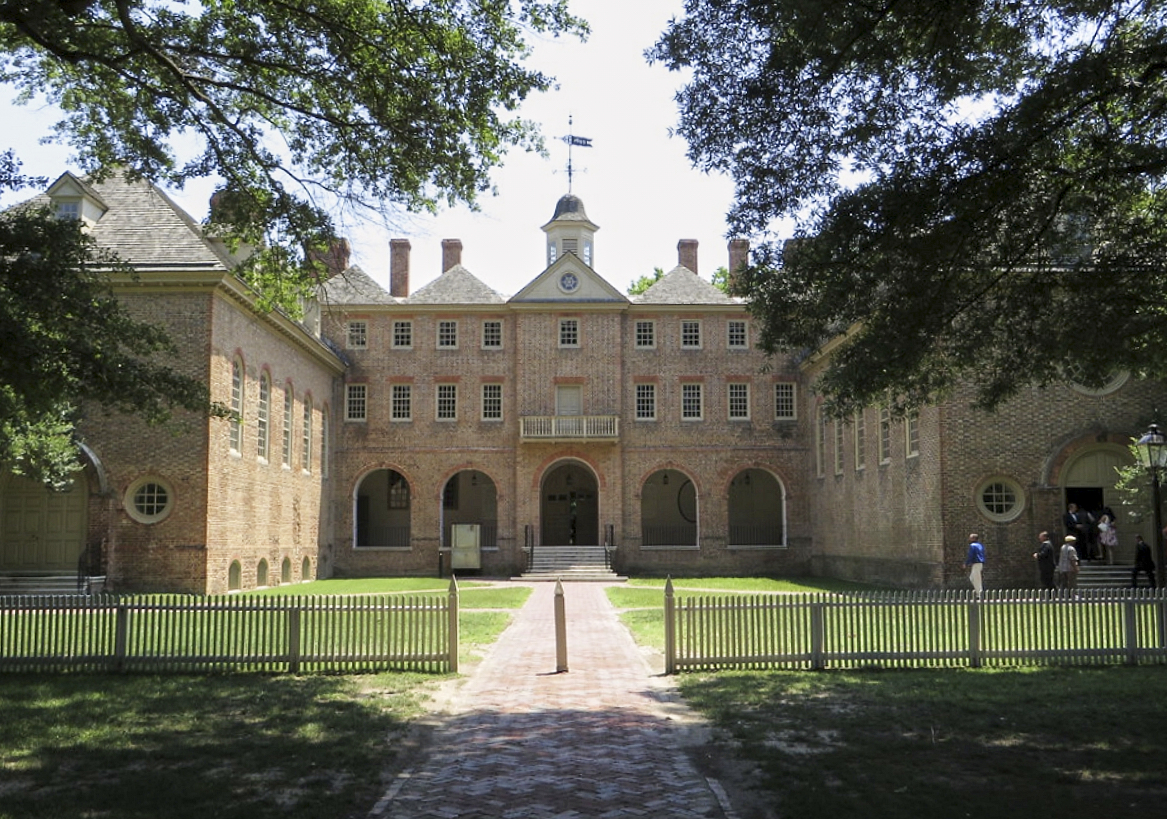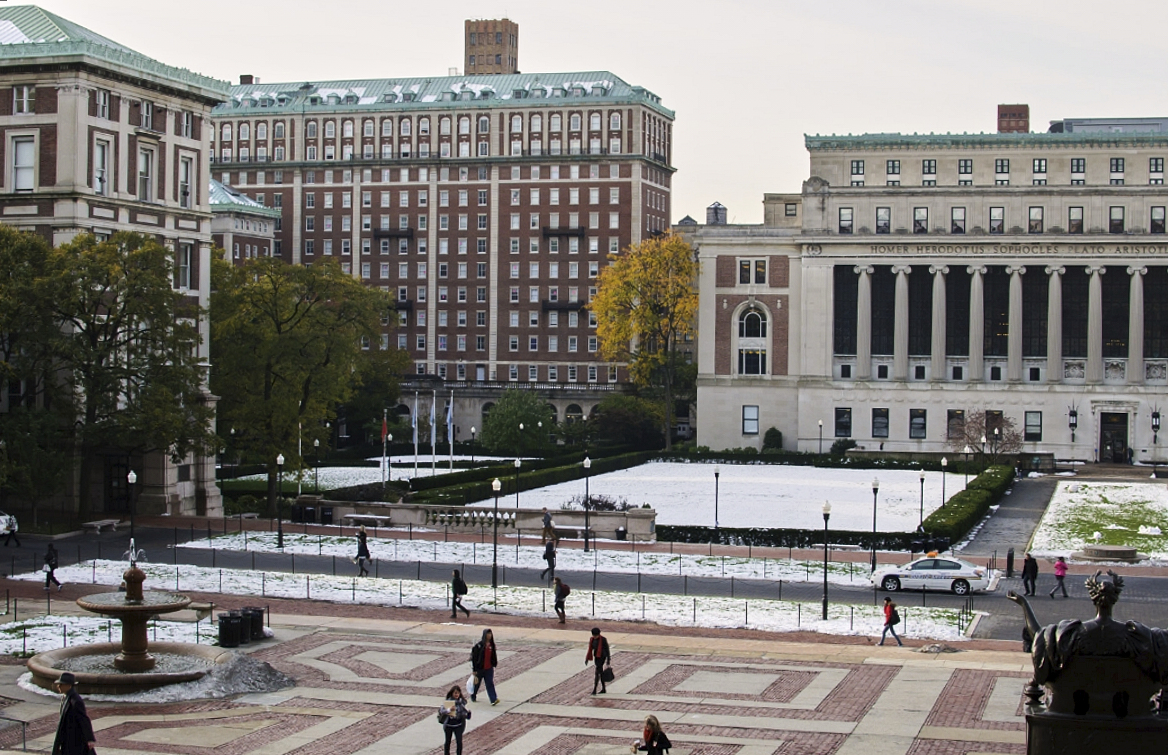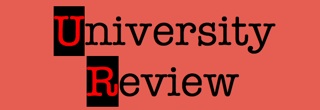Choosing between an Ivy League and a Public Ivy education is no small decision, as both offer world-class opportunities but cater to different needs and priorities. How does an ‘Ivy league’ education compare to a ‘public ivy’ education? Let’s take a look at the experience of studying, costs, social and sports aspects, and what about job prospects, and potential future salary?
An Ivy League education refers to the academic programs offered by a group of eight prestigious private universities in the northeastern United States.
These schools are known for their selectivity, high tuition fees, and have a great reputation for producing successful graduates. The Ivy League universities are Brown, Columbia, Cornell, Dartmouth, Harvard, Princeton, the University of Pennsylvania, and Yale.

Comparatively, a “Public Ivy” is a term used to refer to public universities that offer an Ivy League-level quality education at a much lower cost.
These universities are not part of the Ivy League per se, but they do have comparable academic programs and equally high standards for admissions, their faculty, and research capabilities.
Some of the best-known public Ivies include the University of Michigan, the University of Virginia, the University of North Carolina at Chapel Hill, and the University of California, Berkeley.
The experience of studying at an Ivy League school is often characterized by small class sizes, personalized attention from professors, and a rigorous curriculum that emphasizes critical thinking and analysis.
However, the high tuition fees, competitive atmosphere, and demanding workload can also create a high-stress environment for students, so it is definitely not the best fit for everyone.
As mentioned above, studying at a public Ivy can often offer similar quality academic programs and opportunities for research and extracurricular activities. However, these universities often have larger class sizes, but they do often offer a more diverse student body, and a wider range of academic programs.
Furthermore, the lower tuition fees, especially for in-state students (at some of these colleges), and more relaxed atmosphere can make it easier for students to balance their academic and personal lives.

When it comes to job prospects and future salaries, both Ivy League and public Ivy graduates have strong career outcomes.
Ivy League graduates often have access to prestigious networking opportunities and a strong alumni network, which can help them secure opportunities for some of the best positions in their field.
Likewise, public Ivy graduates have access to a wide range of job opportunities and may even have an advantage when trying to secure a position in the public sector, and with employers who value diversity and inclusivity.
Which of the two have the best social activities and sports programs?
In terms of social activities and sports programs, both Ivy League and public Ivy universities offer a wide range of sports, events, events and activities for students to get involved and stay active.
Ivy League schools are known for their highly competitive varsity sports teams, which often draw large crowds of fans, and have a long tradition of excellence.
Due to their smaller student body numbers, at the very top levels, these may be more specialized by many of the more outlying sports such as Wrestling, Lacrosse, and Ice hockey, where highly successful programs can be run at a much smaller budget than those available to public ivy schools for sports such as basketball and Football.
Schools also offer a wide range of intramural and club sports programs, as well as numerous student organizations and clubs dedicated to various interests and causes.
The social scene at Ivy League schools can be highly active and vibrant, with numerous cultural events, parties, and gatherings throughout the academic year.
Public Ivy universities offer a diverse range of social and athletic opportunities for students. These schools often have highly competitive sports teams, particularly in the more popular sports. They also offer an impressive range of club and intramural sports programs, and numerous student organizations and clubs.
The social scene at public Ivies can be much larger number wise, making it highly active and diverse, with numerous cultural events, concerts, and other gatherings throughout the academic year.
Overall, the social and athletic scenes at Ivy League and public Ivy universities are fantastic, with both offering lots of opportunities for students to get involved and stay active.
Specific offerings and campus culture can vary between schools, for example Cornell has a great ice hockey team, while Chapel Hill has great basketball and soccer teams. So, it is important to research and visit different universities to find the best fit for their personal interests and preferences.
In summary, both Ivy League and public Ivy universities offer high-quality academic programs and strong career prospects. The decision between the two often comes down to personal preferences, such as cost, location, social preferences, and campus culture.
